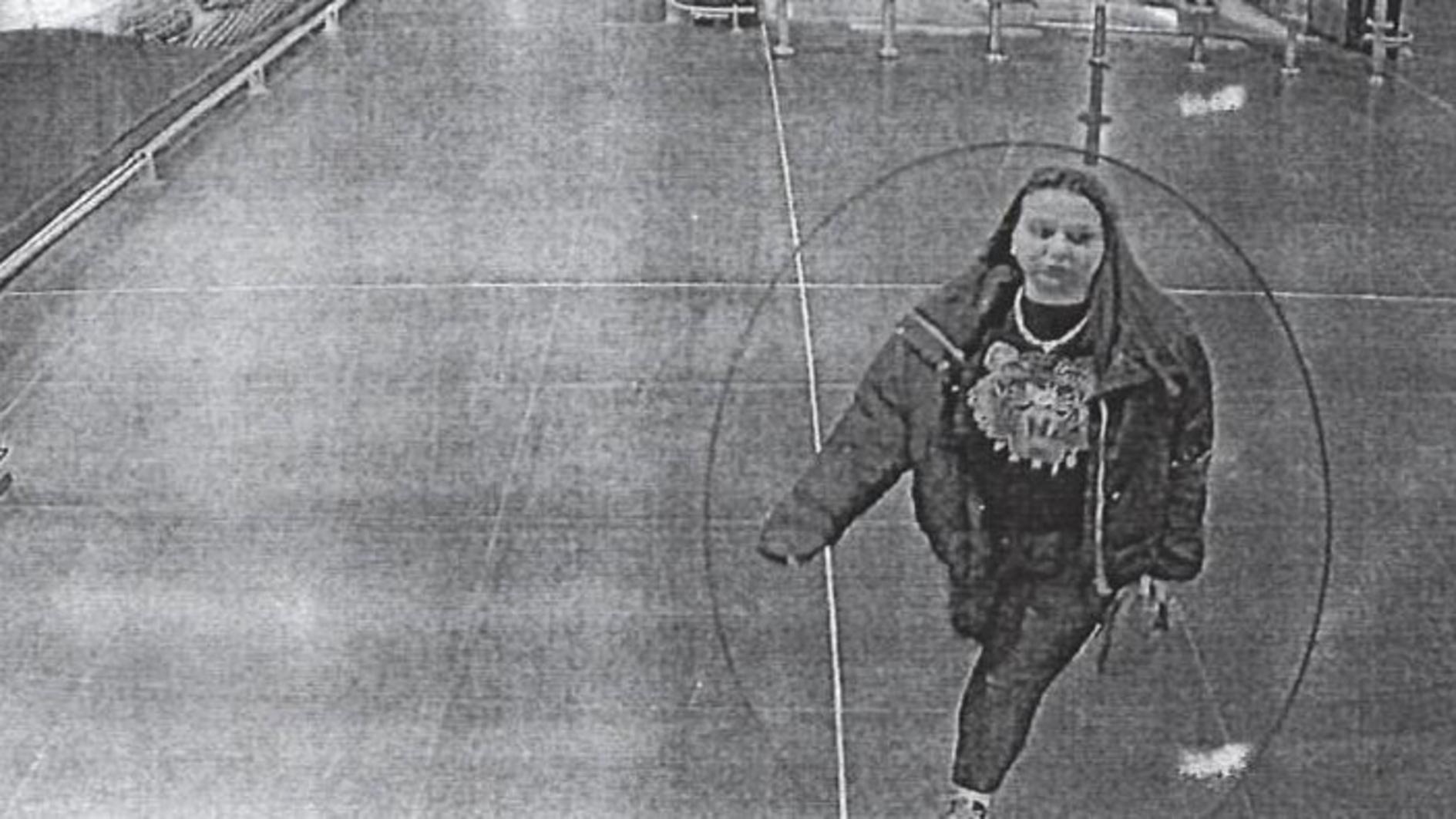From Damascus to Jerusalem
It is very difficult to summarize the confused story of today’s Middle East, but Russian President Vladimir Putin’s flight itinerary on Dec. 11 probably goes some way to explaining it: Breakfast at the Hmeymim Military Base in Syria, lunch in Cairo, and dinner in Ankara.
Turkey’s Chief of General Staff Gen. Hulusi Akar is also busy hosting two generals from the United States: General Joseph Votel from CENTCOM and General Curtis Scarapotti from EUCOM will be joining Turkish and Iraqi delegations on Dec. 14.
Issues on the agenda range from the defeat of the Islamic State of Iraq and the Levant (ISIL) to the Syrian conflict. Russia’s Dec. 11 announcement that it will pull its troops out of the Syrian war may be a turning point. But is Putin completely pulling out of the region? Not necessarily.
Observers and military analysts underline the fact that Russia may be outsourcing some of its operations in Syria to private security companies, much like what the U.S. did in Iraq.
As Metin Gürcan, a security analyst at the Al-Monitor website, wrote: “It is more accurate to say that Russia will be outsourcing additional work to PMCs, as it has employed them in Syria since 2013. There has been no shortage of reports in the international media since 2016 about Russia’s private contractors being killed in clashes.”
But the situation on the ground is still fluid. Turkish President Recep Tayyip Erdoğan’s Chief Foreign Policy Advisor, Prof. Gülnur Aybet, stressed that the U.S. is shaping a military-based, tactical policy towards the region as a whole, and the Syrian conflict and the issue of Jerusalem are deeply intertwined.
“As Israel loses ground to Iran in the region, it feels squeezed and surrounded. The Jerusalem decision from Washington came as a lifesaving rope for Israel,” Aybet said on my morning show on private broadcaster CNN Türk just before Putin’s visit to Ankara. “Trump’s strategic policy paper that will be announced next week will probably have no impact at all. It looks like foreign policy will be shaped by generals in an ad-hoc manner.”
So as General Votel and General Scarapotti visit Turkey, Ankara can at least give a better perspective on U.S. policy toward Iraq and Syria. Significantly, The Washington Institute’s recent analysis on Syria’s Kurds suggested that military aid to the Syrian Democratic Forces (SDF) and the Democratic Union Party (PYD), affiliated with the outlawed Kurdistan Workers’ Party (PKK), may continue for some time.
Bilal Wahab and Jackson Doering’s report outlines the U.S.’s strategy toward shifting alliances inside Syria. “Cutting off aid to the SDF would undermine America’s chances in this battle for influence in Syria unless complemented with a clear post-ISIL strategy. Governance, policing, and costly reconstruction efforts are needed to prevent a jihadist resurgence,” they wrote, stressing the need for the SDF to change as well.
“The Syrian Kurds must distance themselves from the PKK if they hope to find a seat at the peace talks. Among other moves, this means avoiding further symbolic provocations. It could also include mending fences with the Kurdistan National Congress, a Syrian Kurdish faction that has long rejected the PKK,” Wahab and Doering added.
Putin’s visit to Syria may herald the beginning of such a change.











